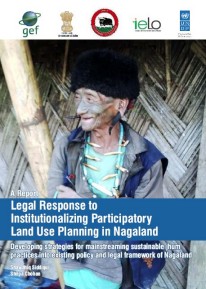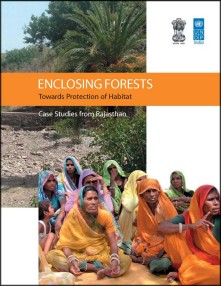Indigenous Peoples and Local Community Tenure in The INDCS
This brief presents a review of 161 Intended Nationally Determined Contributions (INDCs) submitted on behalf of 188 countries3 for COP 21 to determine the extent to which Parties made clear commitments to strengthen or expand the tenure and natural resource management rights of IP/LCs as part of their climate change mitigation plans or associated adaptation actions.4 Of the 161 INDCs submitted, 131 are from countries with tropical and subtropical forests.




